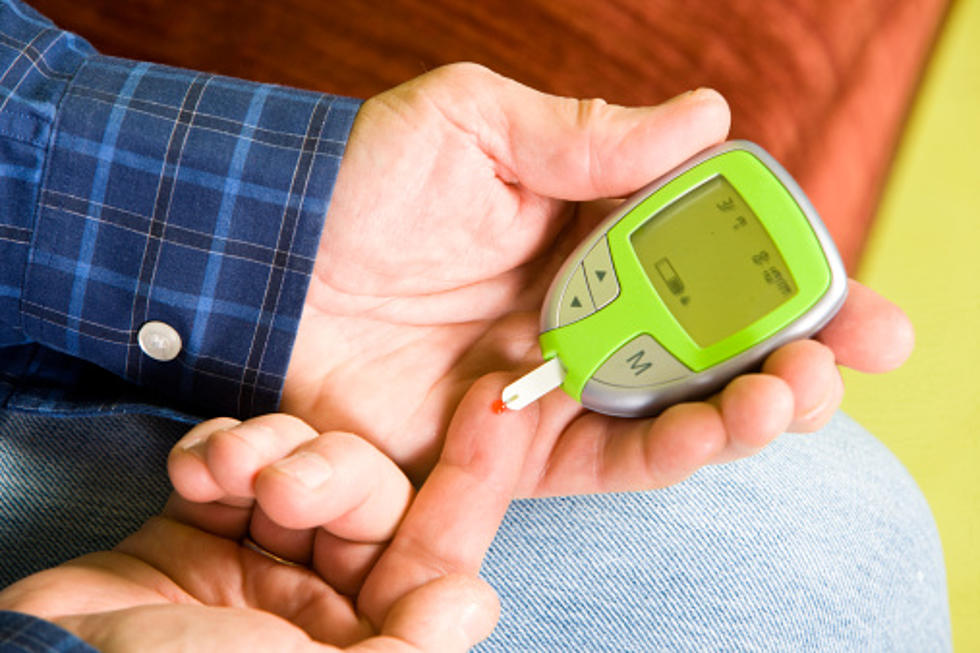
Study: Severe, Rapid Memory Loss Linked to Deadly Strokes
Severe, and rapid memory loss could foretell stroke, according to research presented at the American Stroke Association’s International Stroke Conference 2012.
The study found that people who died after stroke had more severe memory loss in the previous years before the stroke, compared to people who survived stroke or people who didn’t have a stroke at all.
“We’re most surprised that people who died after strokes had such sharp memory declines years before stroke onset”, said Qianyi Wang, the lead study researcher and graduate student at the Harvard University School of Public Health, in a statement.
Wang took 11,814 people age 50 or older, and looked for signs of declining memory for a two year span. The participants were not stroke patients at the beginning of the study, and their health was monitored for the following ten years. Those patients who eventually had a stroke and survived continued to participate in the study.
The researchers reported 1,820 strokes, including 364 individuals who died after a stroke, but before the next memory test. Average memory loss each year was compared for subjects who remained stroke free, participants who survived a stroke, and participants who had a stroke but did not survive.
A standard word-recall list was used to measure memory loss, and for those participants whose memory loss was to severe to use the word list, researchers tested their spouses or caretakers by way of standardized assessment. It was learned that the average memory score each year went down.
The points measured in standard deviation units were, 0.078 points in those who didn’t have a stroke while in the study, 0.137 points before stroke in those who later survived a stroke, and 0.205 points before stroke in those who later died from stroke.
It was also learned that patients who survived a stroke had worse average memory, even before the stroke compared to similar patients that never had a stroke during the study. In addition, memory function dropped an average of 0.321 points. Due to large stroke-related declines, memory impairment was common among stroke survivors.
Researchers said those with severe memory loss have a greater risks for a deadly stroke for a number of reasons. “People who die after stroke may have worse underlying disease prior to stroke,” said M. Maria Glymour, senior study author and assistant professor at Harvard School of Public Health.
“This suggests early disease is accumulating and that something is happening to these people before they are diagnosed with clinical stroke. However, memory impairment is associated with increased mortality regardless of stroke. Memory impairment may therefore make patients more vulnerable to death in the wake of the stroke, for reasons that are unrelated to stroke severity,” she said.
More From WFNT









